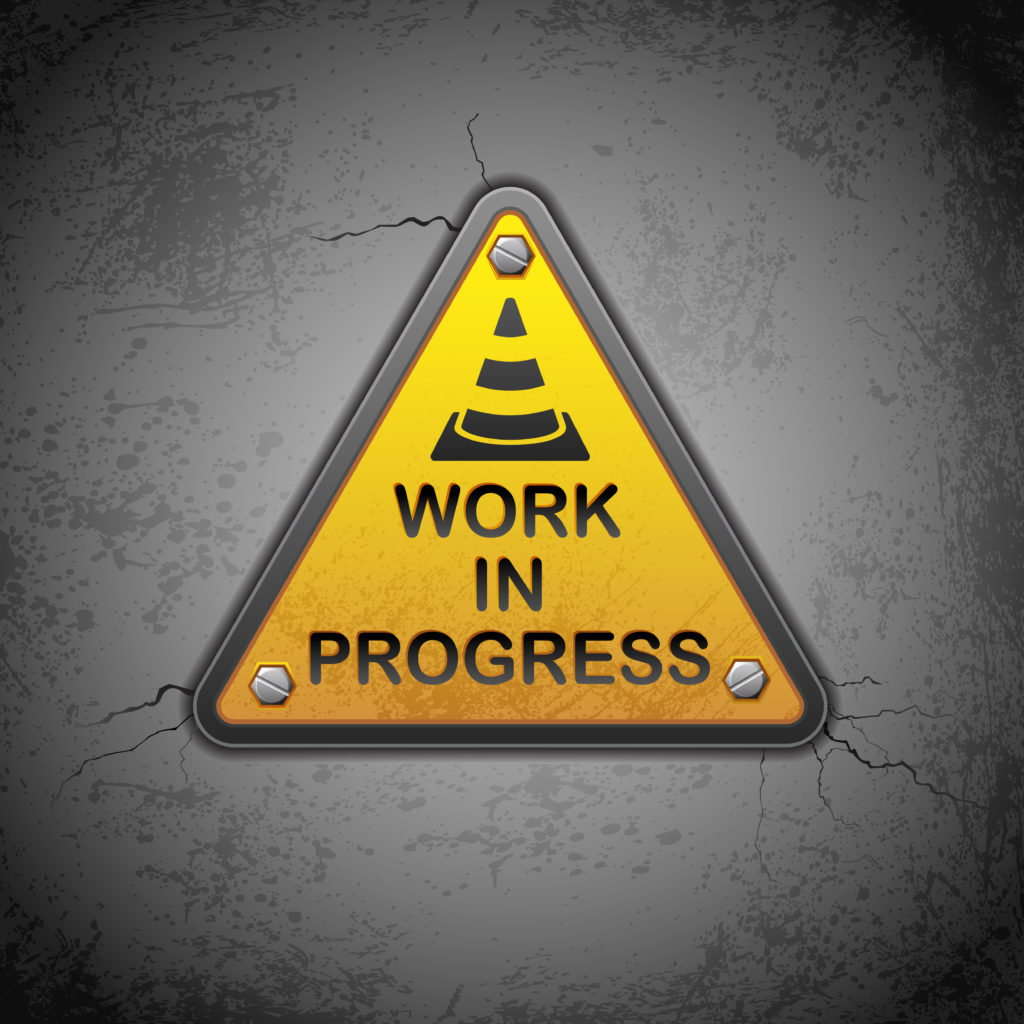“The USPTO is revisiting its related practices and procedures to make clear that abuses of the IPR process will not be tolerated.” – Kathi Vidal
 Following a late April request by Senators Thom Tillis (R-NC) and Mazie Hirono (D-HI) to then newly-confirmed United States Patent and Trademark Office (USPTO) Director Kathi Vidal asking her to respond to a number of questions surrounding abuse of the inter partes review (IPR) system, Vidal last week sent a letter explaining she is working on the problem.
Following a late April request by Senators Thom Tillis (R-NC) and Mazie Hirono (D-HI) to then newly-confirmed United States Patent and Trademark Office (USPTO) Director Kathi Vidal asking her to respond to a number of questions surrounding abuse of the inter partes review (IPR) system, Vidal last week sent a letter explaining she is working on the problem.
The senators’ April letter had expressed concern over Patent Trial and Appeal Board (PTAB) decisions to institute inter partes review (IPR) proceedings in OpenSky Industries, LLC v. VLSI Technology LLC and Patent Quality Assurance, LLC v. VLSI Technology LLC. “The facts and circumstances around these proceedings suggest petitioners OpenSky Industries, LLC (OpenSky) and Patent Quality Assurance, LLC (PQA) brought the proceedings to manipulate the U.S. Patent and Trademark Office (USPTO) for their own financial gain,” explained the letter.
The senators’ letter charged that the OpenSky and PQA challenges of U.S. Patent Nos. 7,523,373 and 7,725,759 are “an apparent attempt to extort money” from VLSI. They noted five examples that suggest this was the motive:
- The companies were formed shortly before filing their petitions.
- The companies did not make, use, sell, or import any products, let alone any products that could subject them to claims of infringement.
- The companies filed their petitions only after VLSI had secured a $2.2 billion infringement judgment against Intel.
- And, most egregiously, the petitions filed by the companies were near “carbon copies” of petitions previously filed by Intel that had been rejected by the USPTO.
The letter also references a recent attempt by OpenSky attorneys in IPR2022-00645 to secretly come to an agreement with VLSI wherein OpenSky would refuse to pay their expert, guaranteeing that the expert would not appear for the scheduled deposition. After the expert did not appear, OpenSky would join the patent owner in a motion to dismiss, for a cash payment.
“These activities represent clear abuses of the IPR system. Yet, to date, it does not appear the USPTO has taken any steps to sanction those involved or otherwise act to deter future copycats,” said the senators.
Tillis and Hirono asked Vidal to reply within one month, and Vidal sent her response on May 27. She declined to comment on the OpenSky or PQA cases specifically, but said “we are aligned in our goal to ensure that the IPR process—a process for challenging patents after they issue—’is not abused by parties filing petitions in bad faith and for reasons outside the intent of the America Invents Act.’” Vidal said she is presently working on practices and procedures to address the issue.
The senators’ letter had asked Vidal to reply to five questions. Addressing the first two, Vidal said that the IPR process “should serve the public good.” She added:
“A misuse of that process conflicts with both the framers’ original intent and the America Invents Act. The USPTO is revisiting its related practices and procedures to make clear that abuses of the IPR process will not be tolerated. I intend to ensure our system works for its intended purpose and to discourage any behavior that works at cross-purposes.”
Vidal said she will respond further when she has completed a thorough review of the issues and possible solutions.
Separately, the USPTO last week announced an interim process for PTAB decision circulation and internal PTAB review that seems to emphasize transparency.
Image Source: Deposit Photos
Author: stockshoppe
Image ID: 11448553

![[IPWatchdog Logo]](https://ipwatchdog.com/wp-content/themes/IPWatchdog%20-%202023/assets/images/temp/logo-small@2x.png)

![[Advertisement]](https://ipwatchdog.com/wp-content/uploads/2024/04/UnitedLex-May-2-2024-sidebar-700x500-1.jpg)
![[Advertisement]](https://ipwatchdog.com/wp-content/uploads/2024/04/Artificial-Intelligence-2024-REPLAY-sidebar-700x500-corrected.jpg)
![[Advertisement]](https://ipwatchdog.com/wp-content/uploads/2024/04/Patent-Litigation-Masters-2024-sidebar-700x500-1.jpg)

![[Advertisement]](https://ipwatchdog.com/wp-content/uploads/2021/12/WEBINAR-336-x-280-px.png)
![[Advertisement]](https://ipwatchdog.com/wp-content/uploads/2021/12/2021-Patent-Practice-on-Demand-recorded-Feb-2021-336-x-280.jpg)
![[Advertisement]](https://ipwatchdog.com/wp-content/uploads/2021/12/Ad-4-The-Invent-Patent-System™.png)






Join the Discussion
No comments yet.